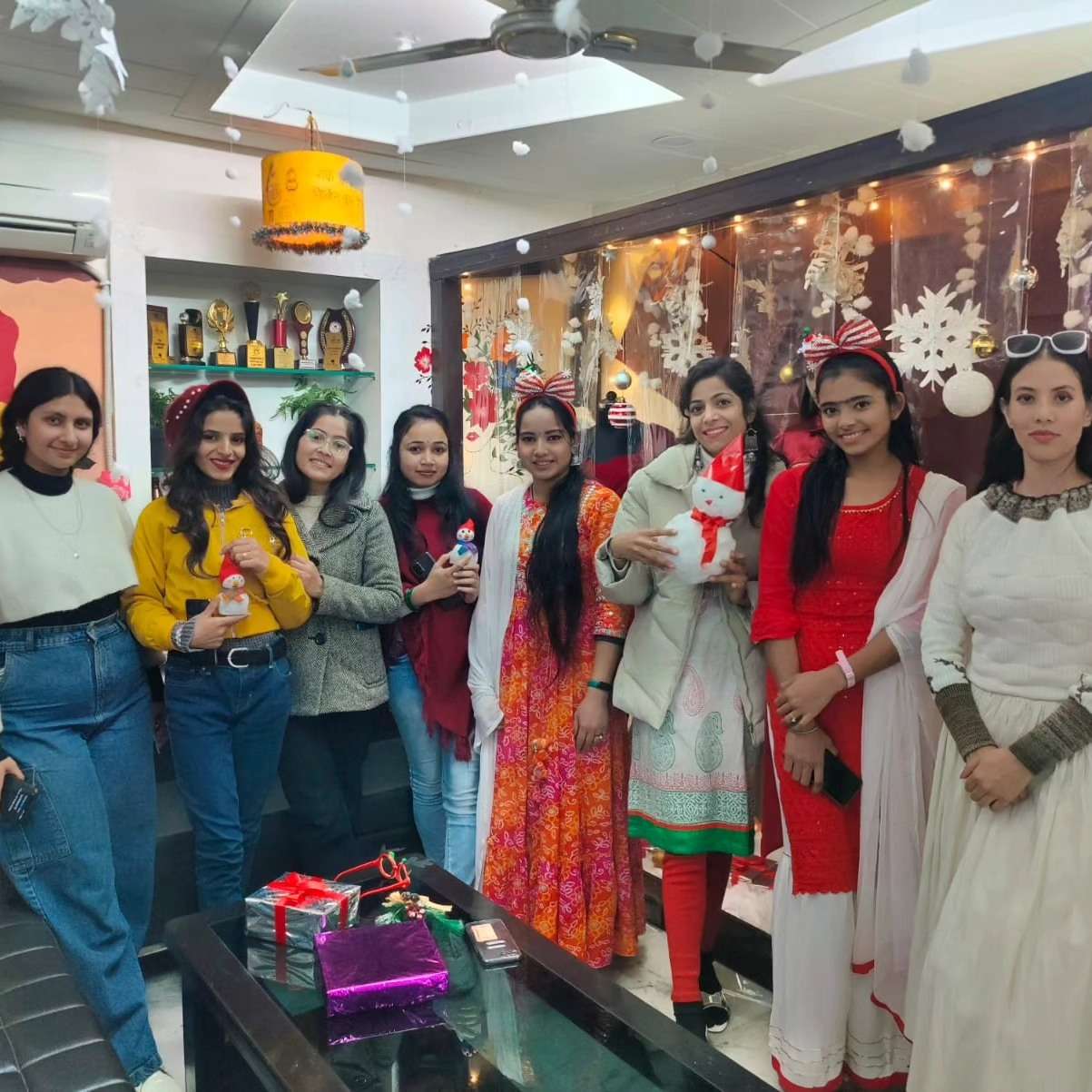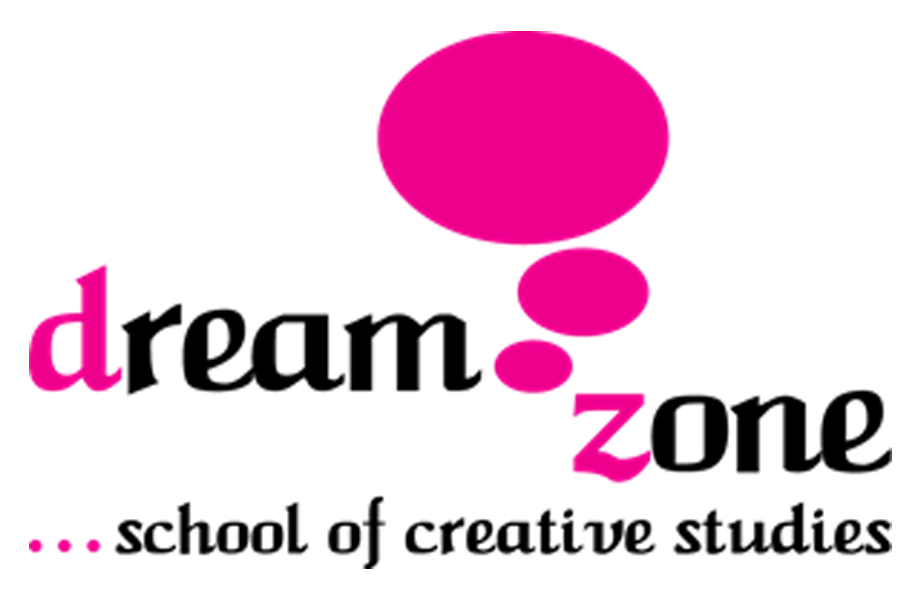Fashion Design Course in Dehradun: A Gateway to Creative Excellence
Are you passionate about fashion and eager to turn your creativity into a career? Dehradun, nestled in the picturesque foothills of the Himalayas, might not be the first place that comes to mind when you think of fashion education. However, this vibrant city is home to some hidden gems in the world of fashion design. In this blog post, we’ll take a closer look at the fashion design courses available in Dehradun and why this city could be the perfect destination for your fashion education journey.
Before embarking on a journey to learn fashion design, it's essential to lay a strong foundation and familiarize yourself with certain key aspects of the industry. Here are some things that are necessary before diving into fashion design:
- Passion for Fashion: A genuine passion for fashion and design is the driving force behind a successful career in fashion. Your enthusiasm will fuel your creativity and commitment, helping you overcome challenges and stay motivated throughout your journey.
- Understanding of Fashion Industry: Familiarize yourself with the fashion industry, its history, trends, and key players. Stay updated on current fashion trends, emerging designers, and industry news through magazines, blogs, fashion shows, and exhibitions.
- Artistic Skills: Develop your artistic skills, including drawing, sketching, and illustration. Practice capturing your design ideas on paper, experimenting with different styles, silhouettes, and details. Building a strong foundation in drawing will facilitate effective communication of your design concepts.
- Knowledge of Fabrics and Materials: Gain a basic understanding of fabrics, textiles, and materials used in fashion design. Learn about the characteristics, properties, and applications of different fabrics, as well as their suitability for various garments and designs.
- Sewing and Garment Construction: Familiarize yourself with sewing techniques and garment construction methods. Learn how to use sewing machines, work with patterns, and assemble garments. Mastering these skills will enable you to bring your design concepts to life and understand the practical aspects of clothing construction.
- Fashion History and Theory: Explore the history of fashion and its evolution over time. Study influential designers, iconic fashion moments, and cultural influences that have shaped the industry. Understanding the historical context of fashion will provide valuable insights into trends, styles, and design principles.
- Digital Design Tools: Familiarize yourself with digital design tools and software commonly used in fashion design, such as Adobe Illustrator, Photoshop, and CAD (Computer-Aided Design) programs. These tools facilitate the creation of digital sketches, technical drawings, and fashion presentations, enhancing your design process and workflow.
- Market Research and Trend Analysis: Develop skills in market research and trend analysis to identify consumer preferences, market demands, and emerging trends. Stay attuned to changes in consumer behavior, societal influences, and cultural shifts that impact fashion trends and consumer preferences.
- Communication and Presentation Skills: Cultivate strong communication and presentation skills to effectively convey your design ideas and concepts. Practice articulating your vision verbally and visually, whether through sketches, mood boards, or presentations. Effective communication is essential for collaborating with clients, colleagues, and stakeholders in the fashion industry.
- Entrepreneurial Mindset: Cultivate an entrepreneurial mindset and business acumen to navigate the competitive landscape of the fashion industry. Develop an understanding of marketing, branding, and business strategies relevant to fashion design. Whether aspiring to launch your own fashion label or work for established brands, entrepreneurial skills are invaluable for success in the industry.
Dreamzone Dehradun
One of the leading institutions for fashion design in Dehradun, Dreamzone offers a comprehensive range of courses tailored to suit aspiring designers at every level. From short-term workshops to full-fledged degree programs, Dreamzone provides a nurturing environment where students can hone their skills under the guidance of experienced faculty members.
With its innovative curriculum and state-of-the-art facilities, Dreamzone is another top choice for fashion enthusiasts in Dehradun. The college emphasizes a hands-on approach to learning, encouraging students to experiment with different techniques and materials to bring their design visions to life.

Fashion design courses offered at Dreamzone Dehradun are:
- Diploma in Fashion Design
- Certificate in Fashion Design
- Advanced Diploma in Fashion Design
- Master Diploma in Fashion Design
- Diploma in Garment Manufacturing
- Diploma in Garment Design
- Diploma in boutique Management
These courses generally cover a range of subjects such as fashion illustration, garment construction, pattern making, textile design, fashion merchandising and portfolio development. Their goal is to equip students with the skills and knowledge necessary to pursue a career in the fashion industry. For specific details regarding courses, duration and admission requirements, it is best to contact Dreamzone Dehradun directly or visit their official website.
After completing a fashion design course, individuals can pursue a wide range of opportunities in the fashion industry, leveraging their skills, creativity, and knowledge to embark on rewarding career paths. Here are some opportunities available to graduates of fashion design courses:
- Fashion Designer: Graduates can pursue careers as fashion designers, creating original clothing, accessories, or footwear collections. Fashion designers conceptualize designs, sketch ideas, select fabrics, and oversee the garment production process. They may work for fashion houses, design studios, apparel brands, or start their own fashion labels.
- Apparel Merchandiser/Buyer: Apparel merchandisers and buyers are responsible for selecting and purchasing clothing and accessories for retail stores or fashion brands. They analyze market trends, consumer preferences, and sales data to make informed buying decisions, negotiate with suppliers, and develop merchandising strategies to maximize sales and profitability.
- Fashion Illustrator: Fashion illustrators translate design concepts into visual representations through sketches, drawings, or digital illustrations. They collaborate with designers to visualize garment designs, create mood boards, and communicate design ideas to clients, manufacturers, or production teams. Fashion illustrators may work freelance, for design agencies, or within fashion companies.
- Pattern Maker/Grade: Pattern makers create patterns based on fashion designers’ sketches or specifications, ensuring proper fit, proportion, and construction of garments. They use specialized software or manual techniques to develop patterns and grading systems for different sizes. Pattern makers play a crucial role in translating design concepts into wearable garments.
- Fashion Stylist: Fashion stylists curate and coordinate outfits, accessories, and looks for photo shoots, fashion shows, or editorial spreads. They collaborate with photographers, models, makeup artists, and hair stylists to create visually compelling imagery that aligns with the client’s brand or creative vision. Fashion stylists may work freelance or for fashion magazines, advertising agencies, or e-commerce platforms.
- Fashion Entrepreneur: Graduates with entrepreneurial ambitions can start their own fashion businesses, such as fashion labels, boutique stores, online retail platforms, or fashion consulting firms. Entrepreneurial opportunities in fashion design include launching a clothing line, designing custom apparel, offering styling services, or establishing a fashion-related startup.
- Fashion Educator/Instructor**: Fashion design graduates can pursue careers in education as instructors, lecturers, or professors at fashion design institutes, colleges, or universities. They share their expertise, industry insights, and practical skills with aspiring designers, guiding them through the creative process and preparing them for careers in the fashion industry.
- Fashion Buyer/Planne: Fashion buyers and planners work for retail companies, fashion brands, or e-commerce platforms, analyzing market trends, forecasting demand, and planning merchandise assortments. They collaborate with vendors, negotiate pricing and contracts, and optimize inventory levels to meet consumer demand and achieve sales targets.
- Fashion Consultant/Personal Shopper: Fashion consultants and personal shoppers provide personalized fashion advice, wardrobe styling, and shopping assistance to individual clients or corporate clients. They assess clients’ personal style, lifestyle needs, and budget constraints to curate curated fashion selections, offer styling tips, and enhance their clients’ overall image and confidence.
- Textile Designe: Textile designers create patterns, prints, and surface designs for fabrics, textiles, and apparel. They experiment with color, texture, and motifs, using traditional techniques or digital design software to develop unique textile designs. Textile designers may work for textile mills, fabric manufacturers, or fashion companies, creating prints for clothing, home furnishings, or accessories.

